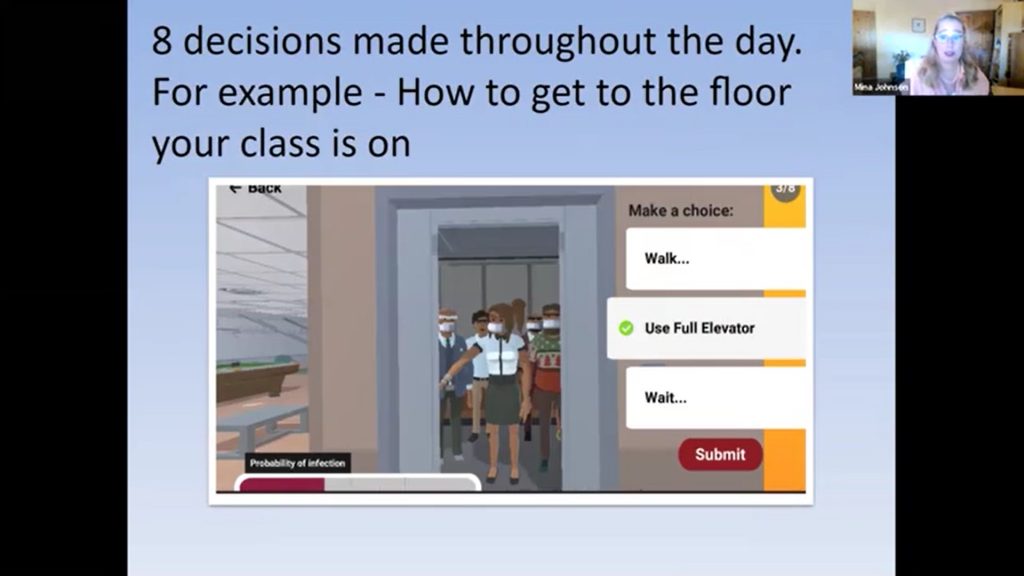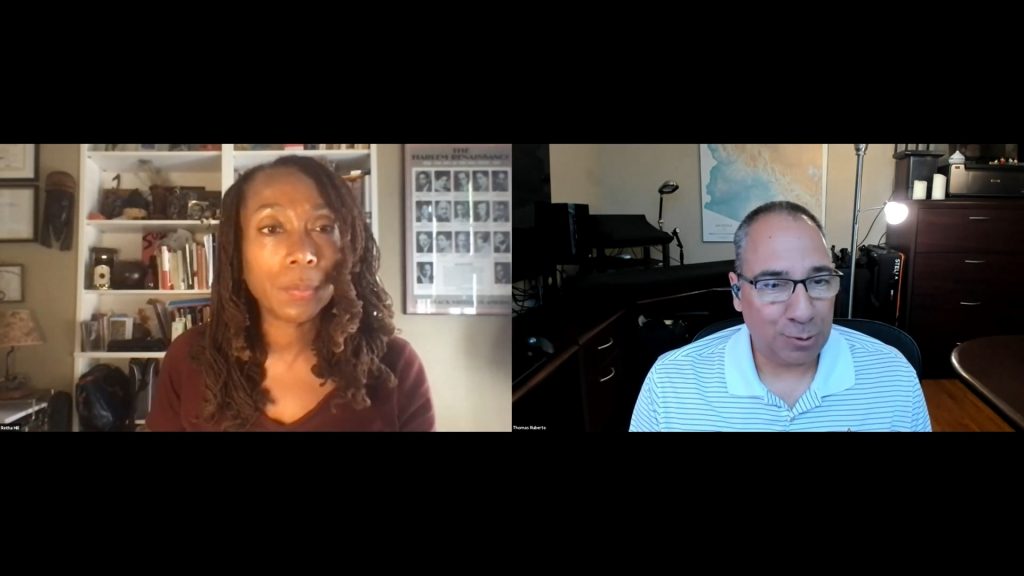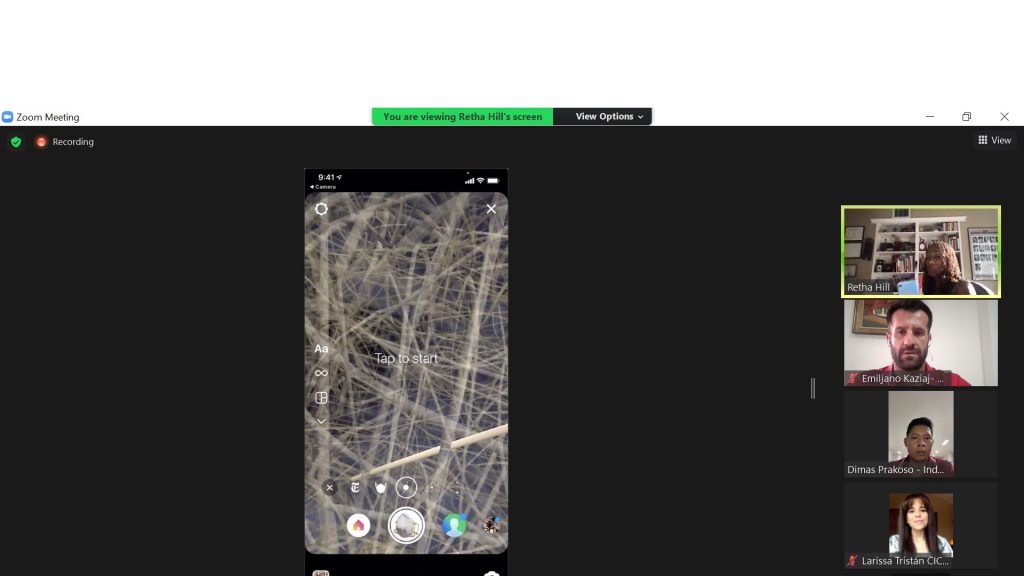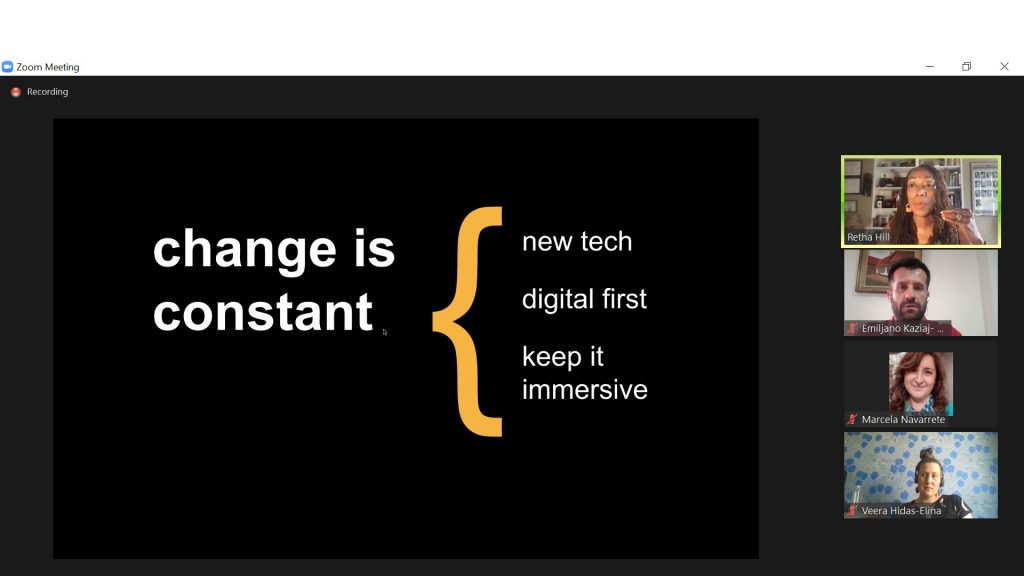Meditation of a media scholar with no presence on social media
“You are not on social media? Are you for real?!“
As a lecturer coming from Albania, a country in which teaching still means ‘teaching theories’ most of the time, one of my biggest struggles has been grabbing students’ attention to focus on class discussions instead of their mobile phone screens. Has it ever happened to you that while posing a challenging question during your presentation in class, all you get in response is silence? Then you rephrase the question thinking that maybe you were not very clear. Still silence! Then you take a look over your students and notice that instead of engaging in a discussion with you or their classmates, they are in fact carried away by notifications that they keep receiving on their phones and social media pages and smiling at their virtual friends.
I consider myself a very ‘outdated’ person when it comes to technology. WhatsApp is the most digital/social app I have on my phone. No Facebook, no Twitter, no Instagram…no…no…no, but I do have a mobile phone!
Being a media scholar, it is not easy to explain to people why I have decided to be less digital than most of my colleagues or friends. That’s why I am not going to explain it here–it will have to wait for another, longer blog post. What I want to share with you is some thoughts I had after participating in modules on The State of Digital Media and New Games, AR and Storytelling, in the framework of our SUSI 2021 program. I have to admit that I felt a bit uncomfortable having to write about a topic I am not the biggest fan of, but it turned out to be quite insightful. All I can say is that I understand my students better now!
Never been to the Grand Canyon? Hop on this virtual trip, we will take you there!
We had the opportunity to learn more about how higher education institutions–with ASU being among the champions–and media outlets are now investing in virtual reality and augmented reality resources and technologies, as tools for helping students and their audiences retain information and improve their learning processes. Through two pre-recorded interviews, we had the pleasure of meeting with the Cronkite School’s New Media Innovation & Entrepreneurship Lab Director Retha Hill; one of the country’s foremost scholars on the subject of XR and learning, Mina Johnson-Glenberg, Ph.D; and Thomas Ruberto, an ASU PhD Student specializing in 360 video technology.
Mina explained several games that she and her team had developed for students to better understand concepts or phenomena related to their field of study. Data from her studies and experience showed that games were a very efficient teaching tool for students to be able to retain information.

Thomas explained how he is creating virtual field trips to “transport” students and adults to places they always wanted to visit but didn’t have the chance to do so, in person. This is also his PhD project. This has proved to be a very effective learning model, even more beneficial than in-person field trips. With virtual field trips, people have the chance to avoid all the things that are related to pre-trip organizations and instead have more time to “be there and enjoy the experience,” says Thomas. His studies have shown that students who join virtually have better relationships with the lecturer and can better focus on the experience by canceling out all “noise” related to conducting an in-person trip, such as: spending time packing, buying tickets, the physical time it takes to move from point A to point B, and so on. This is also more environmentally friendly.

SUSI 2021 Scholars in a game lab
It was then time for SUSI scholars to have a first-hand experience of the game lab and augmented reality learning. During the live Zoom session with Retha Hill, SUSI 2021 scholars were presented with different tools and resources that ASU has developed for students to engage with and improve their learning experience.

Most interesting was the discussion of how media outlets and journalists are now using augmented reality as a tool for increasing their audience engagement and learning.

There is no doubt that advancement in technology can definitely be used to increase students’ learning process and engagement. The same can be said for more recent developments in technology such as AR glasses or digital humans–which are now being used around the world for recreating digital versions of humans and even to be able to have a sort of a (digital) conversation with them, as a way of “keeping them alive and among us” and learning more about our past.
On the other hand, as technology advances, there are still crucial ethical and legal questions that we have not had the time to address and answer, as we are all dragged into this euphoria of discovering new technological tools and “improving” our lives in ways that we never thought of before. Tech companies are definitely playing a role in our failure to address such issues.
Looking to the future…
- Are virtual reality and augmented reality tools that can help students have a better learning experience? Yes.
- Are virtual reality and augmented reality tools that can help media and journalists improve the ways their audiences engage with information? Yes.
- Are there any problems? Definitely, yes! Thinking about the different contexts we come from, for some us it is still a challenge to be able to have a good internet connection in our workplaces or at home. For some of us, having the latest mobile phone and all the “cool” gadgets that are needed to “walk at the pace of technology” still remains a challenge.
One thing is for sure: We live in a pretty weird world, and as technology advances and you fail to keep up with it, it will become even weirder.
As for me, I will still be a media scholar with no online presence, whatsoever–at least for a little while longer, so there’s no pressure for you to (like) this blog.
